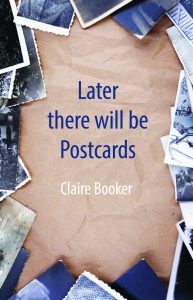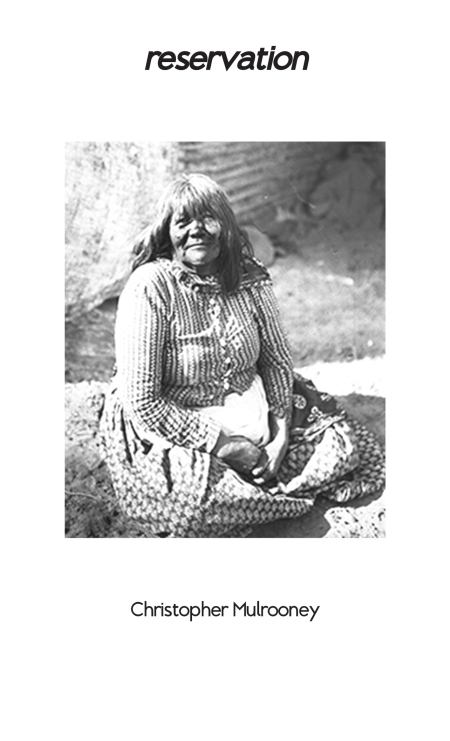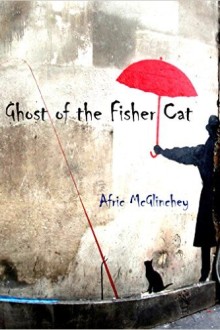Later There Will Be Postcards by Claire Booker
– Reviewed by Grant Tarbard –
Later There Will Be Postcards is Claire Booker’s debut pamphlet, published by Green Bottle Press. It is a restrained effort exploring time, death and dream, and how this dream plays on our own kitchen-sink realism. Booker describes the distinguishing, disquieting qualities of the artist, leading us through the story of their work and the life that went into them, never forgetting the path of nature, which weaves its way throughout.
Booker’s trade is as a medical herbalist and hypnotist, and she writes with a pen of stinging nettles with The Unconscious Mind at the back of it. The pamphlet begins with the equestrian ‘The Night Mare’:
It’s a crime to whip her this hard
but you’re up ahead hollering and I can’t keep pace.We fly along the forest
down ancient tracts cut by cones and fallen timber,secrets laid up in rings.
She’ll bear me if it kills her, those heaving sides tell me that.Out of a bag comes peels, apple cores, a dried half lemon.
She guzzles gladly, refuses nothing until the lemon.
This beginning slightly disturbs me, bringing to mind Washington Irving’s infamous horseman and submerging a sunken fear, ‘keeping pace’.
Unease reverberates in these lines: ‘Her eyes are patient water-marks. / Stubborn teeth. // I take the lithe tongue with a mind of its own. / Vice it. / Force the rind down.’
Like broken shadows, when we wake we bid adieu to the night’s mystery:
When I awake, I’m tilting at your chest,
remembering how white it was, like a freshly prised abalone,when we were young enough to count ourselves in summers
and you my turkey cock with feathers and attitude.
A reductionist theory of Freud’s is that dreams are the fulfilment of a wish. In part, this is a poem about the melancholy of ageing. Booker frames it as both sweet, like apples in the spring of youth, buds of love and all, and bitter, like lemons when the loss of innocence dims passions.
In the tightly packed ’Butterfly House’, Booker is playful: I love the joyous line ‘Aerial coitus above gasps of giggling girls.’ The poem is rich with images of rot, with dark humour running throughout:
More intimate still, the slow handclap
of feathery palms, delicate as a Drürer,
internally meditating
on decayed fruit, fallen leaves,
fleetness of time.
Wistfully she describes the undoing of a butterfly (an angel, perhaps the downfall of Satan?), ‘capsized / under hibiscus, / sin-black carapace unstitching / its divine burden of wings.’
‘Model in Love’ is longing, feminine, and is where the title of the pamphlet comes from. It is inspired by Walking Woman by Alberto Giacometti, the elegant ebony statue:
Later there will be postcards –
prints of body parts signed in her own
meticulous italic, telling
how she misses
the warm moulding of his hands,
that splash of water
when she was only a possibility.
Luscious sentences interlock with a statue missing the creator’s warm hands, movingly exploring the artist as Creator, and the work of art itself as myth. A slow forge of hands created these poems – they are wholly human, clear-eyed, seeing further than the purview from Booker’s Brighton window:
I keep a small island.
Mostly it’s shy, hides its pencil-line
behind the horizon, lets France lie mythic
beneath the bevelled blue.[from ‘From My Brighton Window’]
With poems of the shore and dogs in coitus on it, maternal relationships, fairy tales, sandcastles and phalluses all waltzing through ripe apple-coloured thoroughfares of laurels of taproot and dream and lizard’s skin, Booker’s work ebbs with the modern mythic, without fanfare. The poems in this all-too-slim pamphlet are ample yet reserved. Later there will be Postcards is an adept debut.






Thank you, Grant, for such a thoughtful and insightful review of my pamphlet.